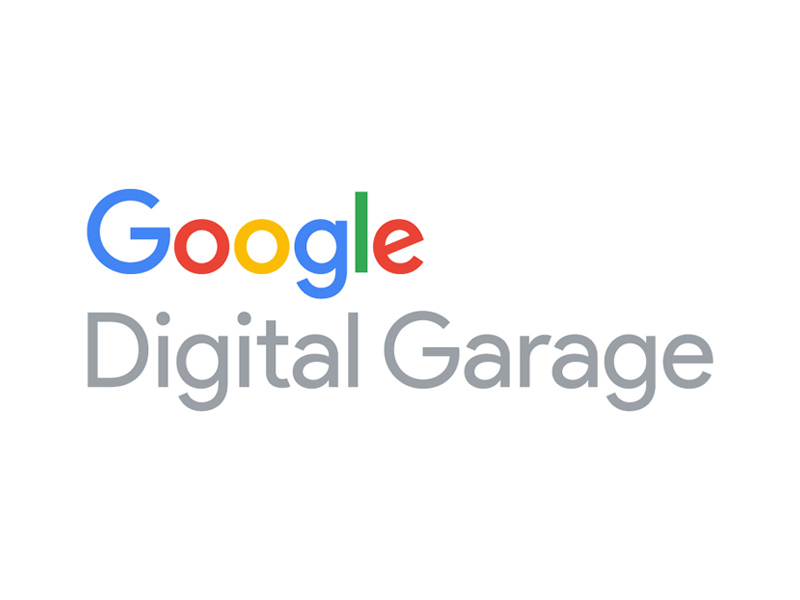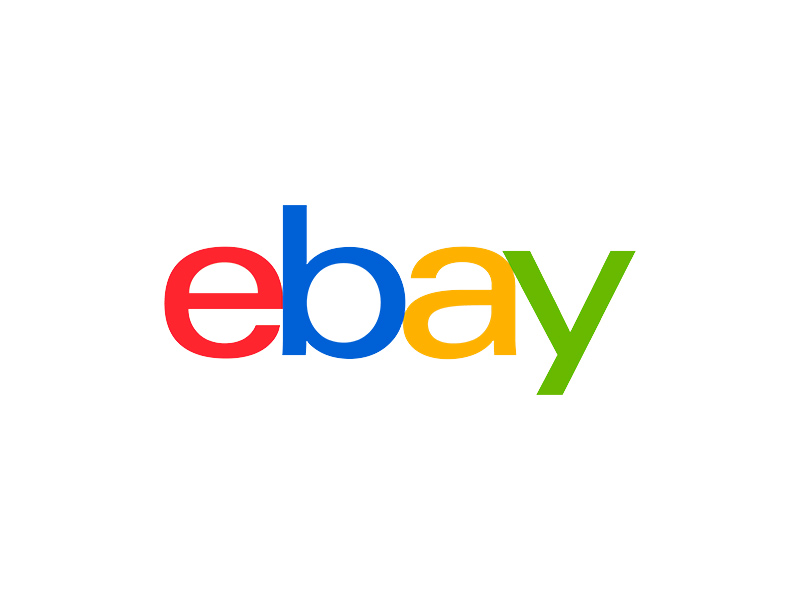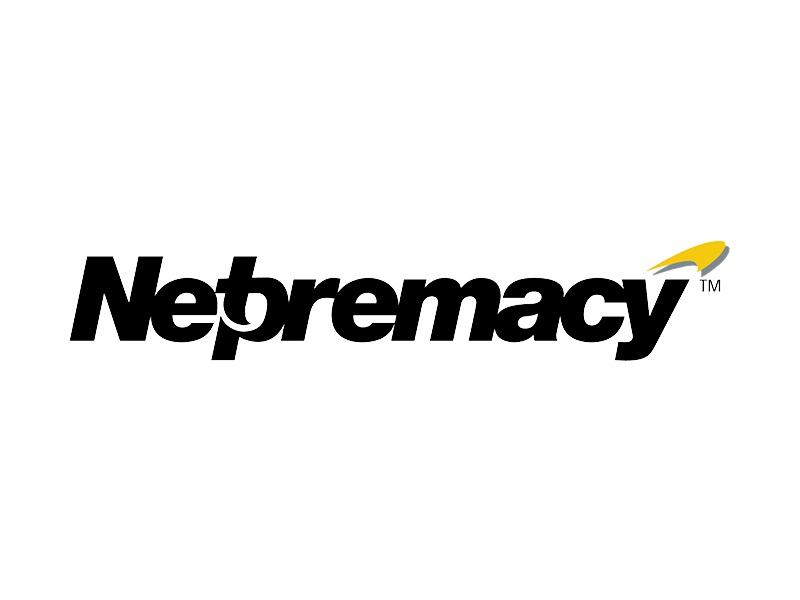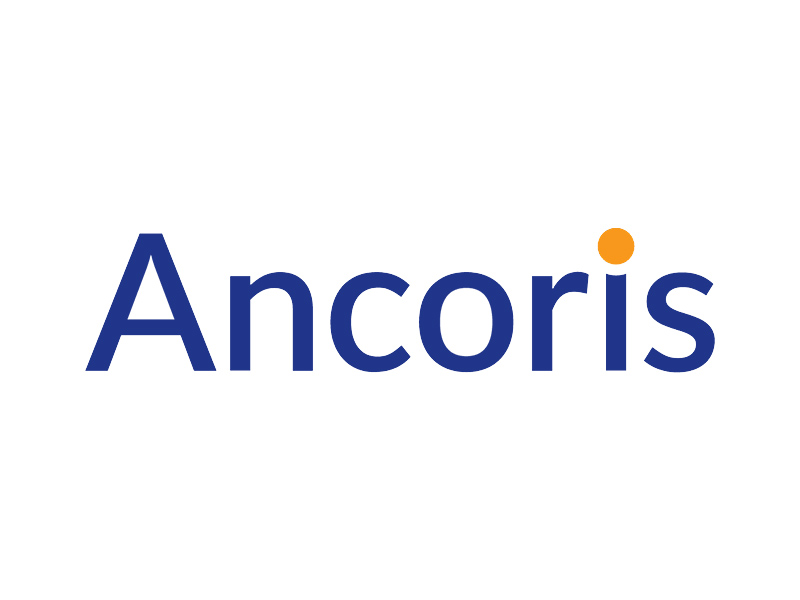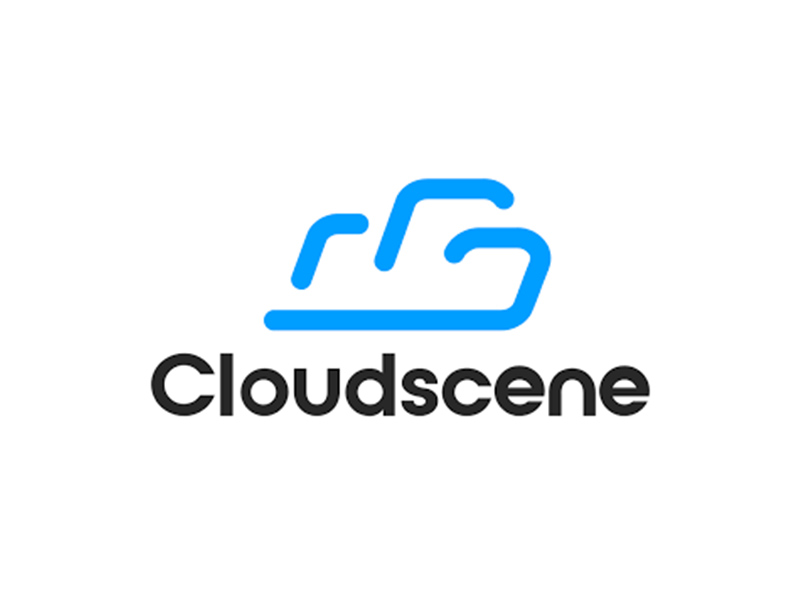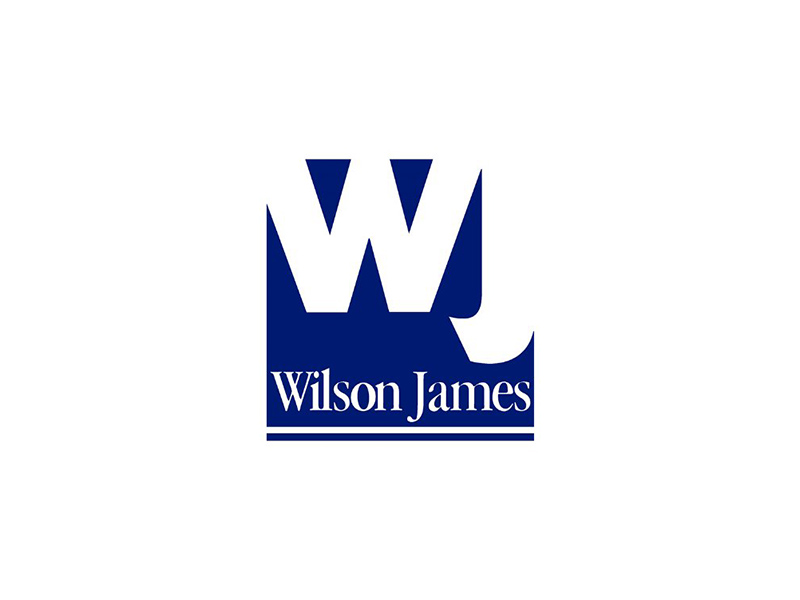Cloud technology now powers almost all businesses’ transformation and innovation. With over 80% of workloads now residing in the cloud, its role is pivotal. But for it to be used correctly and safely, companies must adhere to the right security practices.
Security isn’t just a feature; it’s the foundation of successful digital ventures. As a trusted Google Cloud partner, Chesamel is committed to your success and ensuring your journey into the cloud is not just innovative but secure.
This blog post is your guide to cloud security and compliance in 2024. We’ll cover essential aspects, from Google Cloud’s protocols to compliance standards for marketers, real-world examples, and actionable best practices.
Let’s embark on this journey to navigate cloud technology with confidence.
Cloud Security Protocols Offered by Google Cloud
At a Google Cloud Security Summit back in 2022, a vision was articulated, one that encapsulates the essence of Google’s cloud security: “invisible security.” The concept is simple yet profound – make strong security pervasive and simple for everyone. This vision is the true north star of Google Cloud’s approach to cloud security.
This commitment is demonstrated through their comprehensive range of robust and dynamic cyber defence solutions services. These include consulting services, threat intelligence, attack surface management, and validation, all underpinned by industry-leading expertise and innovative technology.
Without further ado, let’s take a closer look at their protocols.
Frontline Intelligence and Expertise
The value of frontline intelligence in cloud security cannot be overstated. Google Cloud, through its collaboration with Mandiant, empowers companies to understand and anticipate active threats, enabling them to mitigate risks and minimise the impact of breaches.
As Kevin Mandia, CEO of Mandiant, aptly puts it, “You should know more about your business, your systems, your topology, your infrastructure than any attacker does. This is an incredible advantage.” This perspective underscores the strategic benefit of having in-depth knowledge and control over your digital environment.
SecOps
The evolution of Security Operations Centers (SOCs) is a critical aspect of contemporary cybersecurity. Google Cloud’s Chronicle Security Operations is at the forefront of this transformation. Moving beyond the traditional day-to-day alert response, Chronicle focuses on creating a dynamic environment where human creativity is harnessed alongside AI and other technologies. This approach addresses security challenges at an unprecedented scale.
Key features of Chronicle Security Operations include:
- Hyperscale cloud infrastructure that effortlessly handles scalability challenges, enabling lightning-fast searches across petabytes of data with a year of hot retention.
- Applied threat intelligence, incorporating resources like Google Cloud Threat Intelligence, Mandiant Threat Intelligence, and VirusTotal, to stay ahead of emerging threats.
- The recent addition of Duet AI, makes Google Cloud the first major cloud provider in the market to offer generative AI in a unified SecOps platform. This allows you to search vast amounts of data in seconds and improve response times.
Cloud Security
Google Cloud’s philosophy of ‘secure by design’ lies at the heart of its cloud security protocol. This approach ensures a foundational level of security supported by a suite of products, services, frameworks, best practices, controls, and capabilities. Acting as a security transformation partner, Google Cloud positions itself as the most trusted cloud provider.
The cloud security protocol provides robust defence against threats to Google Cloud assets, supports digital sovereignty requirements, and ensures secure access to cloud systems, data, and resources. In an era where digital transformation is paramount, having a secure cloud infrastructure is essential for maintaining business continuity and protecting sensitive data.
Security AI Workbench
Google Cloud is enhancing its security protocols using AI, specifically through large language models (LLMs) like Sec-PaLM, to address challenges like threat overload and the talent gap. Their new platform, Security AI Workbench, integrates Google’s threat intelligence and Mandiant’s frontline intelligence for superior threat detection and response.
It features partner integrations and respects data privacy and sovereignty. Key applications include:
- VirusTotal Code Insight for analysing malicious scripts, and
- Mandiant Breach Analytics for Chronicle, providing real-time breach alerts and contextual responses.
This approach democratises security expertise, simplifying complex cybersecurity challenges and enhancing effectiveness. It’s a testament to Google Cloud’s commitment to evolving its security protocols to meet the needs of a rapidly changing digital landscape.
Now it’s time to get into the nitty-gritty of cloud security compliance standards and regulations because if companies don’t follow them they can leave their infrastructure open to harmful threats.
Cloud Security Compliance Standards & Regulations for Marketers
In 2024, cloud security compliance and regulations will continue to evolve significantly to address emerging cyber threats and the increasing reliance on digital infrastructure. For marketers who use cloud solutions, understanding the latest cloud security compliance standards and regulations is crucial.
We’ve detailed the most recent developments below. To benefit our global readership, we’ve made sure to combine the standards and regulations of the UK, Europe, and the US.
Digital Services Act (DSA) – EU & UK: Marketers should be aware of the DSA’s requirements for transparency and accountability, especially for online platforms and intermediaries. This includes obligations for content moderation and data handling. Compliance with these regulations is crucial for maintaining customer trust and avoiding legal repercussions.
Product Security and Telecommunications Infrastructure (PSTI) Regulation – UK: This regulation requires manufacturers and importers to ensure compliance before introducing products to the market. Marketers dealing with connected products must be mindful of this regulation to ensure their products meet these security standards.
EU Cloud Code of Conduct and GDPR Compliance: The EU Cloud Code of Conduct, in collaboration with the Cloud Security Alliance, focuses on harmonising GDPR compliance for cloud services. Marketers should ensure their cloud service providers adhere to these standards to protect customer data effectively.
Cyber Resilience Act (CRA) – EU: This act mandates cybersecurity rules for manufacturers of products with digital elements. Marketers involved in digital product development should ensure their products meet these standards for security throughout their lifecycle.
US Privacy Laws and AI Regulation: In the US, there are sector-based and jurisdiction-specific privacy laws, with emerging regulations around AI. Marketers should stay updated on these laws, especially as they relate to AI applications and data privacy, to ensure compliance and maintain customer trust.
Collaborative Threat Intelligence Sharing: The trend towards collaborative efforts between governments and businesses in threat intelligence sharing is significant. Marketers should leverage this intelligence to enhance their cybersecurity defences, especially against specific threats that could impact their digital marketing platforms.
Marketers need to stay abreast of these evolving regulations to ensure compliance, protect customer data, and maintain trust. Adhering to these standards is not just a legal necessity but also a crucial element in building and maintaining a reputable brand in the digital marketplace.
If you need more information on this subject, Google Cloud offer a useful Compliance Resource Center including industry-leading certifications, documentation, and third-party audits to help support your compliance.
Companies Successfully Leveraging Cloud Security in Marketing Campaigns
Effectively leveraging cloud solutions while ensuring robust security measures is crucial and often challenging. Several companies have successfully implemented cloud security strategies within their marketing campaigns, offering valuable insights and case studies. Here are two of our favourites.
Iron Mountain’s Compliance with Google Cloud Assured Workloads
Iron Mountain, an expert in data storage and information management, partnered with Google Cloud to enhance its compliance capabilities globally. By implementing Google Cloud Assured Workloads, Iron Mountain successfully navigated regulatory challenges across different regions, ensuring data residency and robust security controls.
This strategic move not only enabled Iron Mountain to secure FedRAMP certification rapidly, facilitating their service to U.S. public sector clients, but also supported their global expansion, particularly in Europe, Canada, and plans for the APAC regions.
The solution provided a streamlined approach to meeting multinational compliance needs while maintaining a strong security posture.
For more details, you can read the full case study here.
Merkle and AWS
Merkle, a customer experience management company, developed Merkury on AWS. This solution allows companies to personalise marketing campaigns using first-party customer data in a privacy-safe environment.
A global entertainment company used Merkury to enhance guest experiences in their theme parks. By building a 360-degree view of high-value guests using data from various interactions, they were able to offer personalised experiences both online and in the parks.
Merkury includes data clean rooms, which allow marketers to analyse and join shared first-party data with partners in a privacy-safe environment, ensuring compliance and security.
For more details, you can read the full case study here.
Cloud Security Best Practice Checklist for Marketers
For marketing teams using cloud services in 2024, here is our actionable best practices checklist for cloud security. We hope you find it useful!
✓ Data Encryption: Ensure all sensitive data, especially customer information, is encrypted both in transit and at rest. Utilise encryption tools provided by your cloud service provider.
✓ Access Control: Implement strict access controls and permissions. Only grant access to data and resources to team members who require it for their specific roles.
✓ Regular Audits: Conduct regular security audits of your cloud environment to identify and rectify any vulnerabilities.
✓ Data Backups: Regularly back up critical marketing data. Utilise automated backup solutions offered by cloud providers to ensure data integrity.
✓ Compliance Adherence: Stay informed about and comply with relevant data protection regulations like GDPR, HIPAA, or CCPA, which might impact your marketing activities.
✓ Use of Secure APIs: Ensure that any APIs used in marketing campaigns are secure and come from reliable sources.
✓ Employee Training: Regularly train your marketing team on cybersecurity best practices and the importance of data privacy.
✓ Multi-Factor Authentication (MFA): Implement MFA for accessing cloud services to add an additional layer of security.
✓ Monitor and Respond: Use cloud monitoring tools to keep an eye on your cloud resources and respond quickly to any irregular activities or potential breaches.
✓ Vendor Management: Evaluate and ensure that third-party vendors and partners comply with your organisation’s cloud security standards.
These practices help in minimising risks and safeguarding your marketing activities in the cloud environment.
As we move through Q1 of 2024, the significance of cloud security and compliance for marketers is unmistakable. In this blog post, we’ve explored the world of cloud security protocols offered by Google Cloud, emphasising the importance of frontline intelligence and SecOps. We’ve also delved into evolving compliance standards and witnessed real-world examples of companies leveraging cloud security for marketing success.
In closing, our actionable best practices checklist should help you to navigate the cloud securely. With data encryption, access control, regular audits, and more, you can safeguard your digital initiatives effectively.
Embrace these insights and stay proactive. In the realm of cloud security and compliance, vigilance and adaptation are your allies. Here’s to a secure and innovative future in cloud security.
Not Sure Where To Start With Your Cloud Security & Compliance?
In the dynamic world of cloud security, challenges are ever-present. At Chesamel, we’re not just aware of these hurdles; we’ve honed our expertise in navigating them. We understand the frustrations and complexities you face. Why navigate this journey alone when you can have an experienced partner by your side? Let’s discuss your challenges and chart a path to success.







